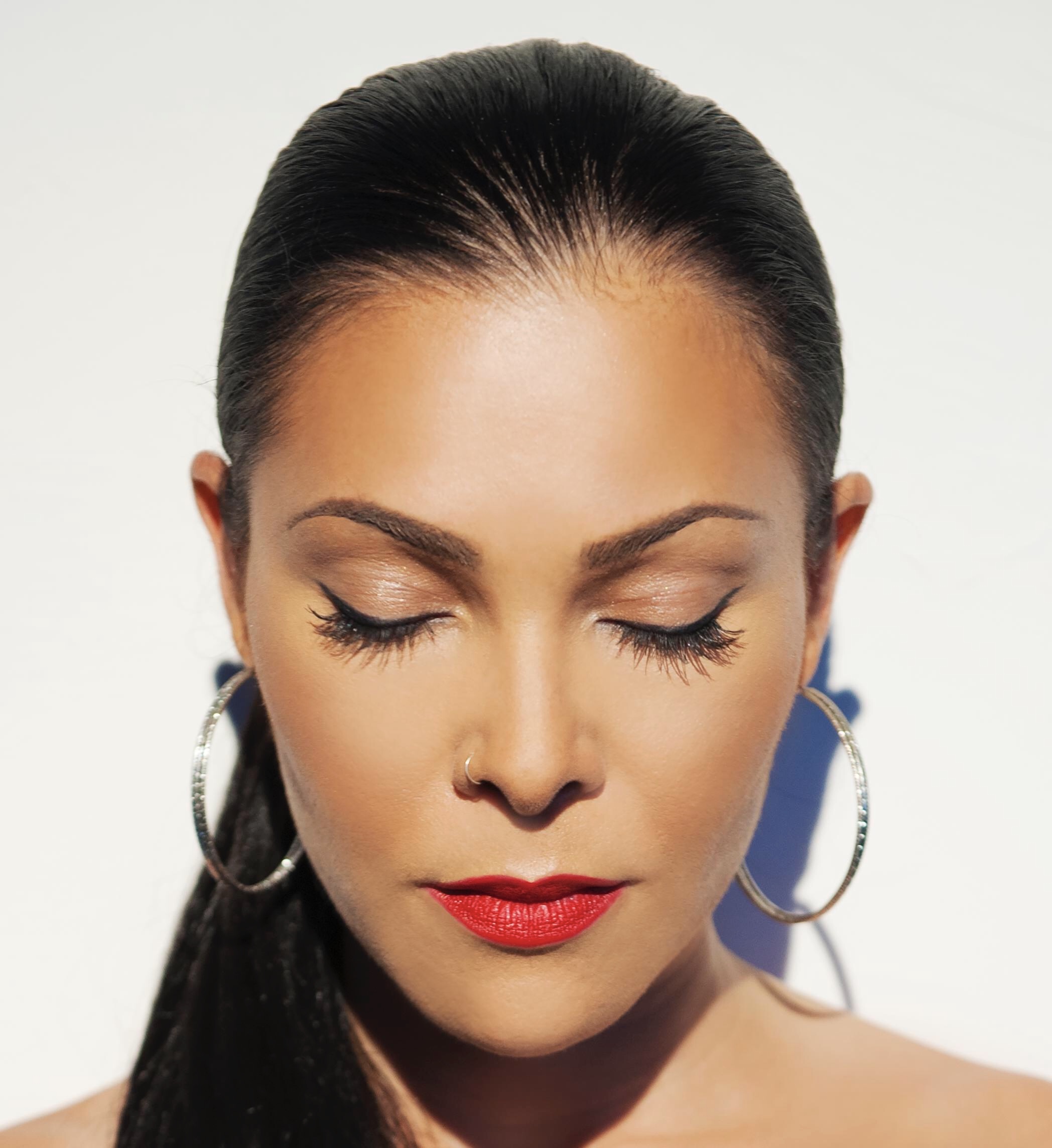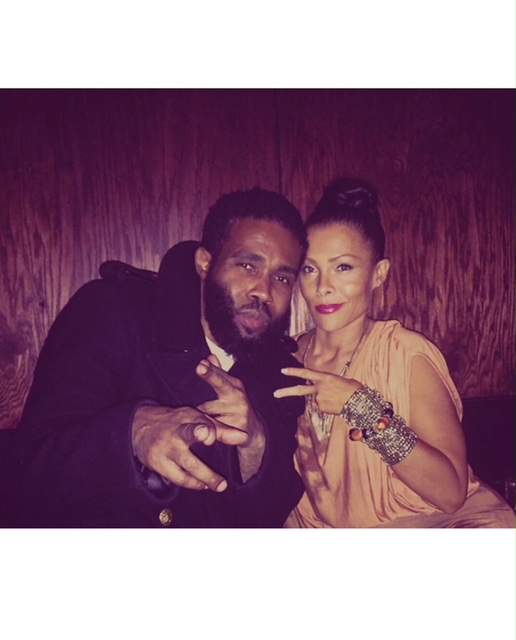It’s been fifty years since Muhammad Ali single-handedly shifted the public conversation surrounding the Vietnam War by openly refusing to be drafted. A year later at a White House luncheon, Eartha Kitt also spoke out against the war and its systemic connection to poverty and racism, prompting backlash that kept her from working in this country for over a decade. Lena Horne, Harry Belafonte, Pete Seeger, Bob Dylan, Nina Simone, Joan Baez, John Lennon and many other celebrities of the day were unapologetically vocal about their political views.
It was an era that changed the paradigm of American history and served as a catalyst for many artists to use their celebrity status as a platform for activism.
Artists marched, wrote, sang, performed and spoke out with a commitment that was more a way of life than a passing trend — something clearly illustrated three decades after the civil rights movement when Ruby Dee and Ossie Davis were arrested while protesting the 1999 police murder of unarmed African student Amadou Diallo.
We are indeed indebted to these pioneers whose sacrifices included career advancement, personal safety, and in some cases, their lives. It could be argued that it is their hard work upon which the present generation has been resting our laurels, more consumed with social media likes and hashtag trends than fighting for tangible social causes. It’s not nearly as common today for artistry to be synonymous with activism — in fact many public figures take an alternate approach, per Charles Barkley’s vintage controversial “I am not a role model” Nike commercial.
People on the public stage don’t necessarily have to use their voices for the greater good. There is no obligation, but there is an opportunity.
In the wake of Ferguson and the overwhelming chain of racial profiling tragedies that have flooded the news in recent years, there is no denying that many of the issues past generations marched and fought for remain relevant today. We are light years away from racial or gender equality, yet many of pop culture’s most prominent figures steer clear of any cause alignment. The Oscar win for the song “Glory” from the movie “Selma” is testimony that an appreciation for activism through art still exists. Further, John Legend’s use of his acceptance speech airtime to state that there are more black men under correctional control today than there were under slavery in 1850, may be indicative of a changing tide in the mainstream artist community.
Fact check if you’d like; it’s true. The prison industrial complex is a thriving and well-oiled machine. The social and monetary repercussions of the African slave trade and the Native American genocide that this country was founded on continue to be the blueprint from which our society operates. The “ninety-nine percent” are largely made up of those who inherited wealth initially attributed from slave labor. They’re not rich because they are brilliant businessmen, but rather because their great-great-grandparents heavily benefited from the longest running crime against humanity and the most shameful chapter of American history. Conversely, the great-great-grandchildren of those who were enslaved are now being funneled into prisons at an alarming rate — and many as teenagers. The NAACP reports that in this country, African Americans are incarcerated at more than 5 times the rate of whites, and the imprisonment rate for African American women is twice that of white women (NAACP). Most, if not all, are serving time for gang activity, drugs, robbery, prostitution, and other crimes derivative of poverty and the racism that begets it.
Several prominent artists of European descent are publicly aligned with social causes, from Angelina Jolie’s advocation for Cambodian and Sudanese refugees, to Bono’s Product Red initiative for HIV/AIDS in Africa, to Sean Penn’s relief organization in Haiti. While these issues, along with police brutality, sex trafficking and the prison industrial complex directly affect black and brown people at an indisputably disproportionate rate, there are far less black mainstream artists at the forefront of such movements. On the contrary — with songs like Lil’ Wayne’s chart topping “Money, Drugs, Bitches, Liquor”, it could be argued that whether intentionally or not, some black artists — specifically in mainstream hip hop — directly inform the mentality of sex, crime and materialism pervading our youth like a pied piper trailing a clear and steady path to prison. Of course, this is not always the case. Hip hop artists like Kendrick Lamar, Logic, and Chance the Rapper have taken a notably different route, as well as J. Cole, whose emotional performance on the Tonight Show made headlines in the aftermath of the murders of Mike Brown and Eric Garner. The Roc Nation artist has been vocal about his political stance in both his lyrics and his actions: he traveled to Ferguson to participate in the peaceful protests. Veteran rappers like Talib Kweli, Bahamadia, and Pharoahe Monch have long been outspoken about political issues, but such “conscious” rappers don’t get nearly as much airtime as their mainstream counterparts.
The bottom line is this: as black Americans, we didn’t come to this country voluntarily, but we’re here now and we’re in this together. In the vein of the proverb “It Takes a Village,” we are all extended family, from Trayvon Martin, to Mike Brown, to the thousands of men and women of color sitting in prison cells as I write this.
We can’t afford for our artists to be politically neutral. It is not their responsibility to use their careers as a platform for activism, but choosing not to do so is the loss of a great opportunity. If you have the world’s attention, use it for something of value that reaches beyond yourself. We might still be riding in the back of the bus had so many artists not contributed to the struggle for our civil rights. It is because of them that today black artists don’t have to enter through the back door at performance venues. It is because of them that we have songs like “Mississippi Goddam” and others like it that give voice to the frustration, sorrow and anger of so many. It is because of them that the only black people in the White House aren’t those in a domestic capacity. I challenge the artists of today to seize their opportunity as cultural documentarians and utilize their positions of influence wisely. If you have the mic, use it to say something that matters; something Ruby Dee and Ossie Davis can smile down upon knowing the baton they handed us didn’t end up on the ground.
Originally published in ForHarriet.com: http://www.forharriet.com/2015/03/speak-up-or-pass-mic-why-we-cant-afford.html


